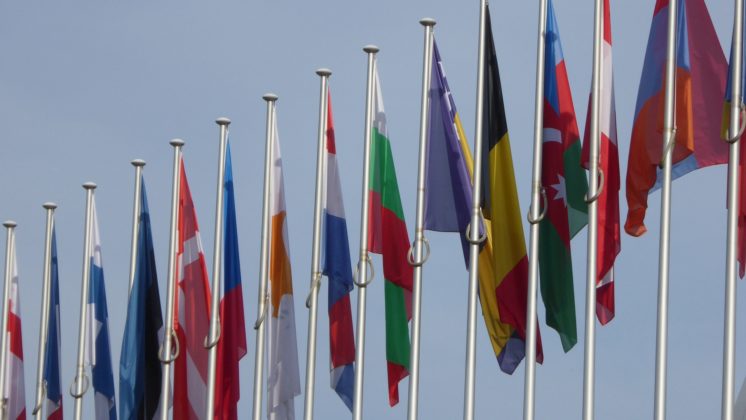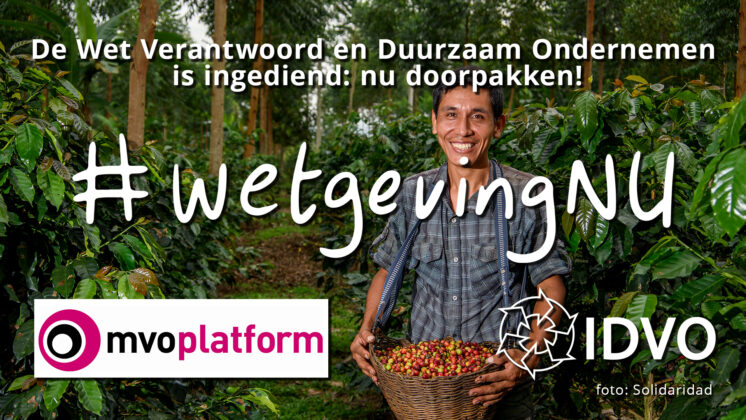Following five years of development and negotiation, the International Standardization Organisation (ISO) is putting the final touches to a new international guideline on Corporate Social Responsibility. This voluntary guideline, the ISO 26000 on Social Responsibility, will contribute to a worldwide basis for uniform agreements regarding CSR, and is expected to have a major impact on the business community in developing countries. The Dutch CSR Platform is involved in the drafting of the ISO 26000 Guideline through its participation in the Dutch National Standardisation Body (NEN).
The ISO 26000 will not be a certifiable
standard, but a supporting guideline with advice on how organisations can link
CSR aspects to existing management systems and other systems in the
organisation. Nevertheless, it is expected that many organisations and
businesses will implement the voluntary guideline. It is even possible that
major audit companies will create certifiable systems which are based on the
ISO 26000 guideline. It is therefore also highly likely that the ISO 26000
guideline will have a great deal of influence on the future of CSR,
particularly in developing countries.
The ISO guideline is being developed by a
working group of 435 experts from more than 90 countries. Various stakeholders
are represented in the working group: entrepreneurs, government bodies, trade
unions, NGOs, consumers and consultants. Not all stakeholders are evenly
represented. For example, there are 35 trade union representatives compared to
95 experts from the business community. An exceptional aspect is that the
working group is largely made up of delegates from developing countries.
The final plenary meeting of the working
group was in Quebec
in May 2009. The objective of the meeting was to discuss the final draft
version of the guideline, and to reach agreement on a number of troublesome
points. For example, the working group has now reached agreement on the
integration of animal welfare in the guideline, and a clear description has
been drawn up of vulnerable groups in society.
The
final draft version of the guideline will be issued in September 2009. This
draft will be presented to the 159 countries which are members of the ISO for
comments and voting. If more than two-thirds of these countries vote for
publication of the document, the ISO 26000 guideline will be published
worldwide in September 2010.



